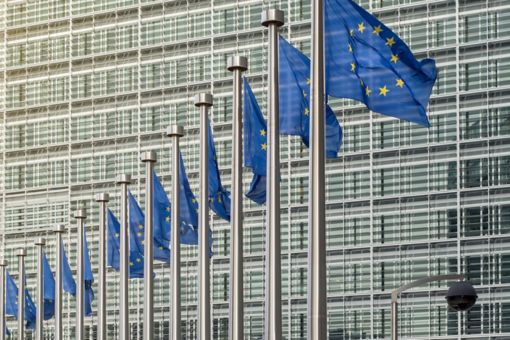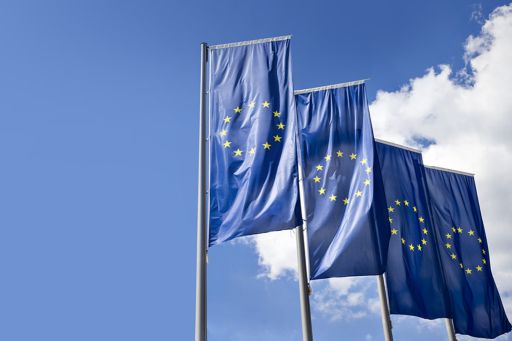On 18 April 2023, the European Parliament adopted the rules for the new Carbon Border Adjustment Mechanism (CBAM), which will enter into application in its transitional phase on 1 October 2023. Under CBAM, European Union (EU) importers dealing in goods falling under its purview will be obligated to furnish quarterly reports detailing the embedded emissions associated with these products to the European Commission.
CBAM's fundamental objective is to impose a carbon price on imports of specified goods, aligning with the EU Emissions Trading System (ETS) that governs carbon pricing for EU-based production. Currently, CBAM covers sectors characterized by significant carbon emissions, such as aluminum, cement, iron and steel, fertilizers, hydrogen, and electricity. However, it is anticipated that CBAM's scope will progressively expand to encompass all products subject to the EU Emissions Trading System (ETS) in the foreseeable future.
CBAM, as a new carbon pricing framework in the EU, is certain to have a disruptive impact on the companies trading in the growing list of covered commodities. Its influence is also projected to resonate on a global scale, potentially establishing measures like CBAM as the new norm in international trade.
Check this page regularly for updates and key insights from our experts on how to prepare and navigate this new regulation.
Our latest Insights
Explore
Connect with us
- Find office locations kpmg.findOfficeLocations
- kpmg.emailUs
- Social media @ KPMG kpmg.socialMedia















